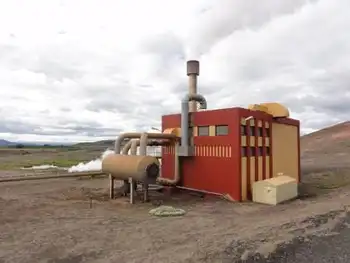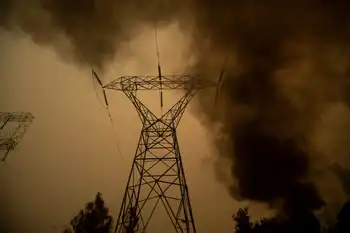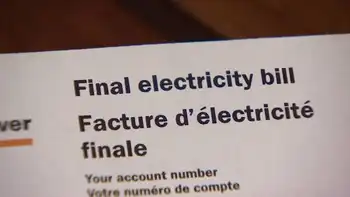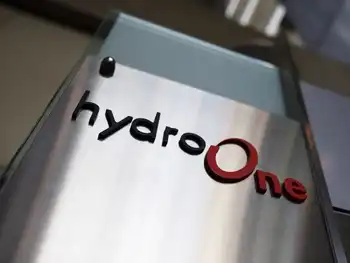Turkey wants 20 reactors by 2030
TURKEY - Turkey is planning to build 20 nuclear reactors by 2030 in an effort to reduce its dependence on oil and gas imports.
The goal to build five nuclear plants, each with four reactors, was revealed by the country's Energy Ministry Undersecretary, Metin Kilci, as Turkey takes its first steps towards nuclear-generated electricity.
Turkey wants nuclear power to become its main energy source in the coming decades. Gas-fired power plants currently account for half of the country's electricity generation, and Turkey relies on Russia for two-thirds of its gas imports.
"We want a minimum 20 reactors in operation by 2030," Kilci told reporters. "This may not be our formalized plan, but it is our target."
Last May, Turkey signed an agreement with Russia to build four 1,200-megawatt MW Vodo-Vodyanoi Energetichesky Reactors VVER at Akkuyu, which is on the Mediterranean coast. Akkuyu, which has a total generating capacity of 4,800 MW, will cost an estimated 14.6 billion euros US $20 billion and is expected to be commissioned 2019-20. The plant will be constructed by Rosatom Nuclear Energy State Corporation, which is expected to retain a majority stake in the plant.
Turkey also has revealed plans for a second nuclear plant at Sinop, on the Black Sea. The proposed plant was to have four APR reactors with capacities of 1,400 MW each, supplied by Korea Electric Power Corporation KEPCO, but talks collapsed in November last year over the final price of energy produced and state guarantees. At the time, South Korea's Ministry of Knowledge Economy stated: "We could not reach an agreement this time because of differences in issues, including electricity sales price."
Since then, Turkey has been talking to Toshiba Corporation, and in December, Japan and Turkey signed a memorandum on civil nuclear cooperation, which could lead to Toshiba winning the Sinop contract.
Turkey's neighbour, Bulgaria, has been having its own nuclear difficulties. Construction of the country's second nuclear plant at Belene was suspended last June. The government said the 2,000-MW project, which has been in a stop-go concern for the past two decades, may not be able to generate enough revenue to offset the country's initial investment. It is still looking for a strategic partner.
Related News

Swiss Earthquake Service and ETH Zurich aim to make geothermal energy safer
BERN - The Swiss Earthquake Service and ETH Zurich want to make geothermal energy safer, so news piece from Switzerland earlier this month. This is to be made possible by new software and the computing power of supercomputers. The first geothermal tests have already been carried out in Iceland, and more will follow in the Bedretto laboratory.
In areas with volcanic activity, the conditions for operating geothermal plants are ideal. In Iceland, the Hellisheidi power plant makes an important contribution to sustainable energy use.
Deep geothermal energy still has potential. This is the basis of the 2050 energy strategy. While the inexhaustible…



